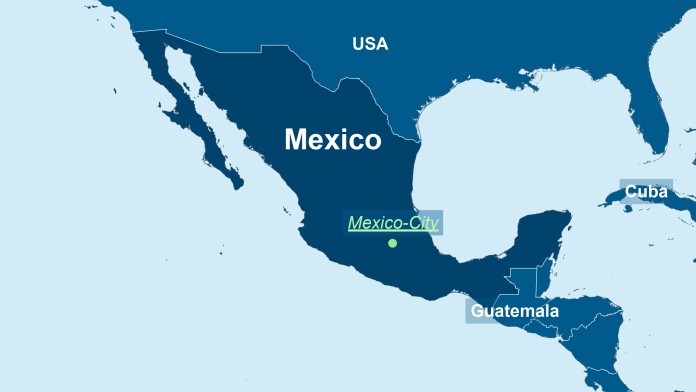
Positioned between the United States to the north and Central America to the south, Mexico has an important geo-strategic position. With a population of around 130 million, it is the largest country with Spanish as its official language. The emerging nation ranks 15th among the world’s largest economies and has come to play an intermediary role between industrialised and developing countries. This makes it a global partner for Germany in the context of development cooperation. Notwithstanding its economic progress, the country faces a plethora of challenges. Social inequality is high, with 44 % of the population living in poverty. High crime rates, environmental pollution, and a lack of transparency have an impact on everyday life, especially in the cities. As a result, on behalf of the German Federal Government, KfW Development Bank is assisting Mexico with combatting climate change, protecting global public goods, preserving biodiversity and forging ahead with sustainable urban development.
KfW Office Ciudad de México
Director KfW Office: Emiliano Detta
Av. Insurgentes Sur 826, PH
Col. Del Valle, Del. Benito
Juárez
03100 Ciudad de México
Mexico
Phone: +52 55 55 23 59 35